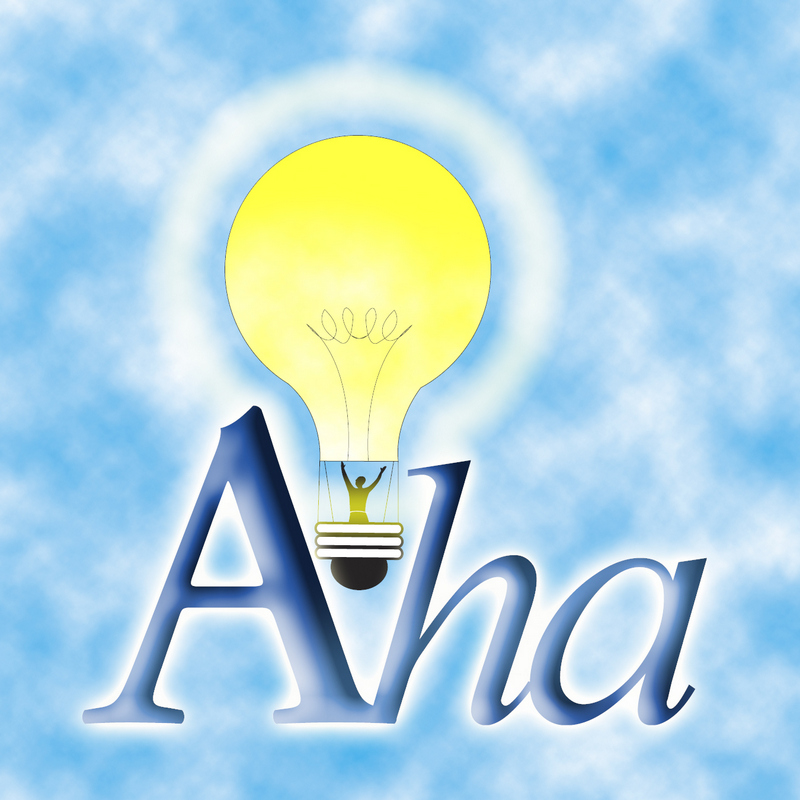

Authenticity and believability tend to arise if you’re at least mostly true to the inspiration, but who says good haiku has to be limited to this “sacred” sense of inspiration? This is where the “haiku moment” concept becomes a problem, because too many haiku writers may undervalue product relative to process. When they refer to the haiku moment, they may also consider the original inspirational moment to be somehow sacred and that one has to be rigidly “true” to it (we have the excessive association of Zen with haiku to blame for this unhelpful and inaccurate limitation). In a way, the haiku moment is all three, but some people think it’s only one of the three possible options: the moment that inspires the poem, the moment in the poem, or the moment of realization created by the poem. References to the “haiku moment” or “aha moment” are often confused as to whether they mean the original inspiration, whatever is presented in the poem itself, or the effect of the finished poem (usually the feelings that it creates).

The moment of realization that the reader experiences on reading the finished poem. The original moment of inspiration that motivates the poet to write. So there are perhaps three sorts of “haiku moments”: Thus the reader can experience the realization that you originally experienced-or that you created, which I assert is also acceptable (some readers may object to this last claim, but Bashō heavily revised his poems and pastiched many details, thus there seems to be no valid argument against it). Intuiting the implication is not unlike the cognitive effect of getting a joke. The reader reads the words and “gets” the implication, feeling what you felt. You share it with others in any of various ways-online, in a magazine, or by reading it aloud. So there you are with your finished poem. Higginson included it under the spring category of “bird’s nest” in his Haiku World saijiki (almanac of season words Kodansha International, 1996). I don’t say a thing about a bird building a nest in spring, but of course that’s what the poem is about-and precisely why William J. In other words, a good haiku often takes out the most important thing so that it can be implied. The haiku poem you write should not attempt to explain the “aha moment” or “haiku moment” but somehow dwell in that moment or imply the emotions that result. You then write the poem-and this action may take place either a split second after the inspiration or many decades later (and it completely does not matter which, so long as the experience or memory is vivid-all haiku, after all, are moments of history ).

Let’s call that the original “aha moment” or “haiku moment.” This inspiration is not a poem-it is something you experience or realize that may inspire a poem. The poem begins with an inspiration of some sort. It’s a means of artful expression that communicates from one person to another. Whatever the understanding-or misunderstanding-the notion of the haiku moment needs sorting out. Or, perhaps more likely, the term is used in a way that presumes a common understanding even while haiku poets have differing ideas of what it means. The so-called “aha moment,” also called the “haiku moment,” seems to be greatly misunderstood.


 0 kommentar(er)
0 kommentar(er)
